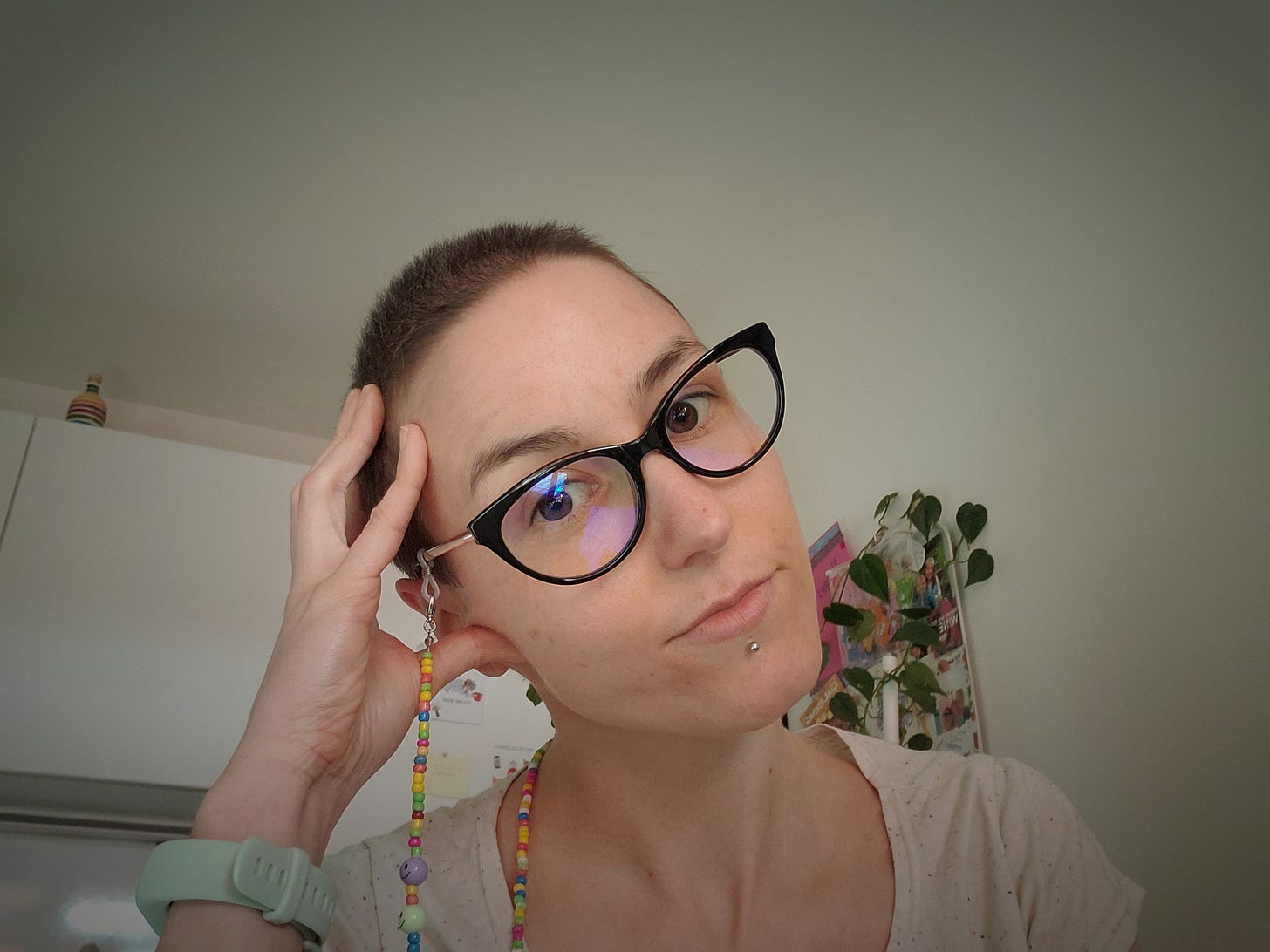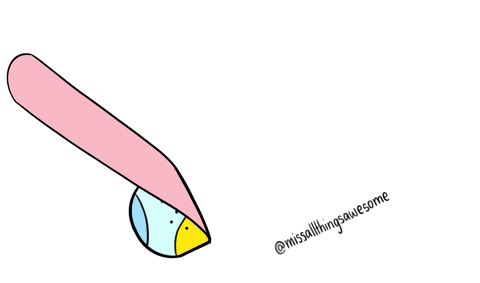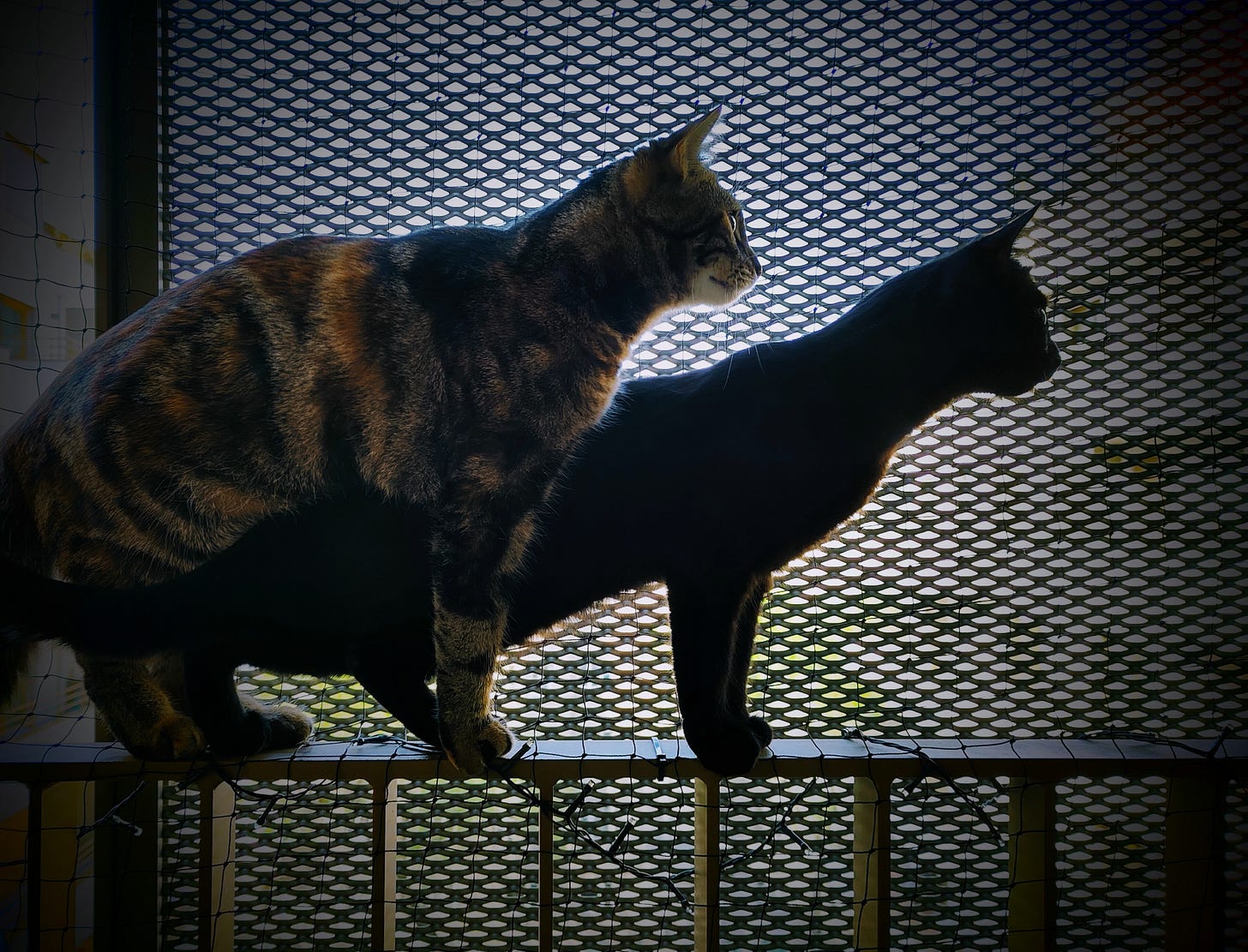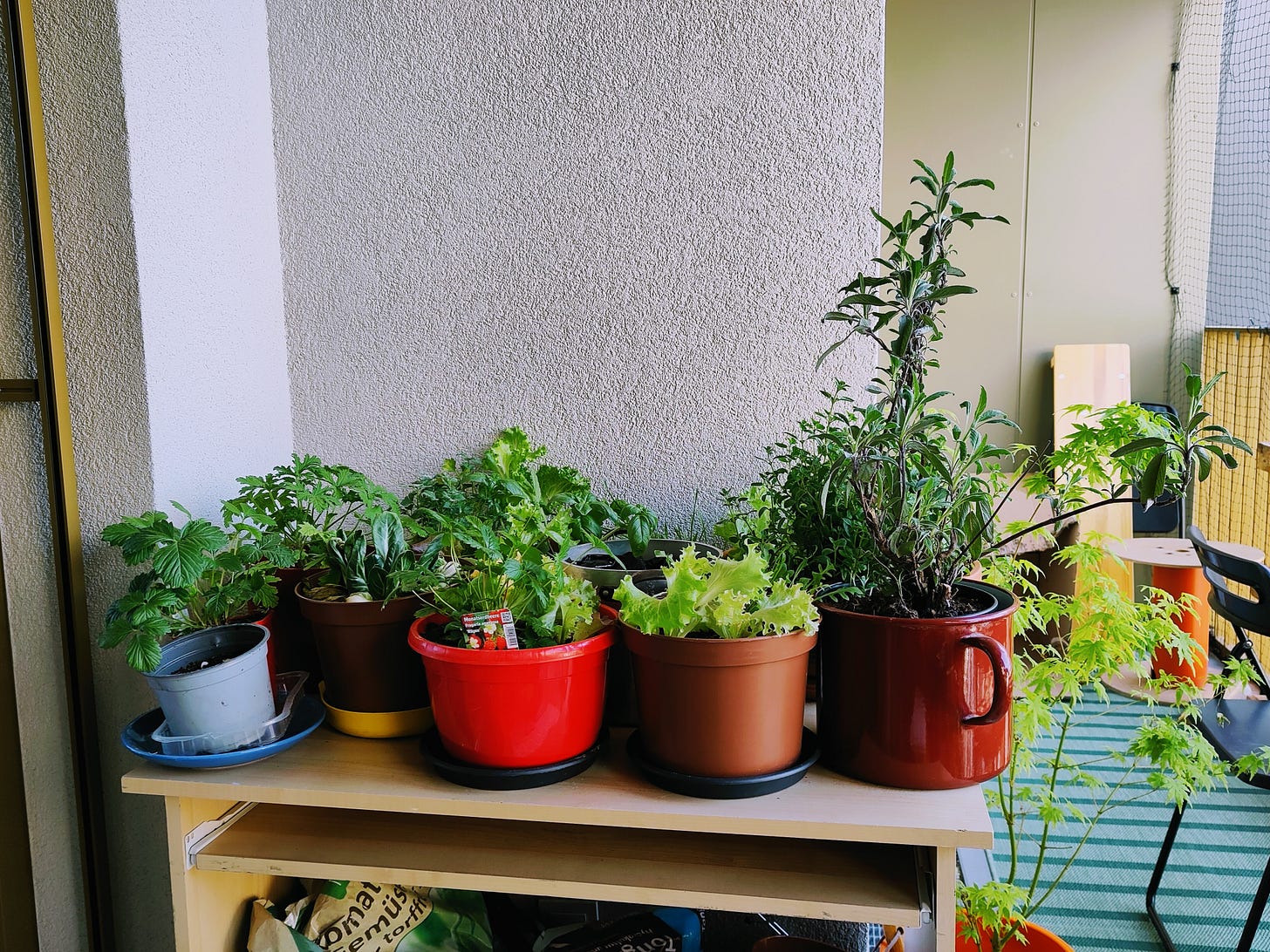Dearest reader,
thank you for reading this newsletter!
And for sticking with it, despite the oftentimes darker content. Over the last few months, it was important to me to not gloss over the painful parts of my chronic-illness life. The ongoing struggles for a diagnosis and treatments, advocacy and being believed, ignited the rebellious and feisty part of me. That little fire grows the more outside attempts I perceive to get me to feel and/or behave a certain way; in this case the “positive spins” on these personal tragedies, what with learning important life lessons and what not.
All that being said, the grief and the losses that come as a package deal with chronic illnesses, such as Long Covid and ME/CFS, have received - and will continue to receive - their necessary space in my story. However, by welcoming them into my life and onto the page for what they are, this in turn allows for a more nuanced understanding of the complex set of chronic conditions I, and many others, live with.
So today, let me shine my light on a variety of sunny-side-up ideas, art, and activities that have filled my weeks.
What I’ve been reading and watching
As I have remarked in earlier newsletters, reading, which used to be one of the key ingredients in my life, is more challenging with Long Covid. I cannot read for longer periods of time, so I try to include shorter reading times, about 15-20 minutes maximum, a few times throughout the day. Most days, I will read for a while after breakfast, usually for a bit in the afternoon, and then before bed.
One book that I’ve been picking up in the mornings is Sharon Podobnik’s It’s Not (All) Your Fault: Self-Help and the Individualization of Oppression (2022). It has its moments. The book attempts at pulling back the curtain on the self-help industry as an instrument of capitalism. Podobnik sketches the history of the industry, its trends, and tools. These contextualizations help her argument of it being merely a pacifier for the masses to keep functioning in a capitalist society. As she convincingly demonstrates, we are not supposed to “get better” through self help, just well enough to continue in our roles as workers and consumers.
These insights and analyses are quite interesting to read, despite their singular focus on a very heteronormative American Dream blueprint. However, Podobnik also includes many pages of what looks like stream-of-consciousness that, I think, is meant to portray her own personal journey and epiphanies about self help to make her relatable to the readers (?). These passages seem like a collection of her thoughts trying to dress up the writing as conversational. Not a fan.
For me as the (European) reader, this is at times painfully American to read and something an editor should have worked on. I don’t need all the details of her life, all the layers of her shockingly negative self image, and how she is stuck in a comparison trap while on her honeymoon in Bora Bora. Jeez.
I haven’t finished the book yet, because there are worthwhile passages I don’t want to miss, but my overall impression so far is that Podobnik attempted to do too many things in one book, to fill it to the brim with ideas and insights as well as her memoir, and her publisher let her get away with it.
A movie that I finally watched in the past few weeks is Minari (2020). It had been on my to-watch list for a while but, to be honest, I go through phases where movies are just too much and too long for me. Lately, on days when I feel cognitively up to it, I have enjoyed watching the odd movie here or there and this one was certainly a highlight. I loved the pace of the movie - it was slow; I loved the brutally honest family dynamics - it was so relatable; and I loved that it was mostly in Korean with English subtitles.
I can’t remember the exact movie, but I started watching foreign films as a teenager (partly because we would go to the cinema to watch French movies - with German subtitles - in high school) and thus am accustomed to the practice of watching films in their original language, that I might (partially) understand or not at all. It’s a beautiful, different way of experiencing a movie, and I actually enjoy the discomfort that can come with not understanding a language and developing alternate strategies to sense emotions, storylines, etc.
Always love me some poetry, so before bed, I’ve been (re)reading Mary Oliver’s Dream Work (1986). One poem every night. And every night, there are a few lines that I take with me as I drift off. The collection contains the beautiful “Wild Geese”, but I would like to share another poem here today:
"Dreams"
All night
the dark buds of dreams
open
richly.
In the center
of every petal
is a letter,
and you imagine
if you could only remember
and string them all together
they would spell the answer.
It is a long night,
and not an easy one --
you have so many branches,
and there are diversions --
birds that come and go,
the black fox that lies down
to sleep beneath you,
the moon staring
with her bone-white eye.
Finally you have spent
all the energy you can
and drag from the ground
the muddy skirt of your roots
and leap awake
with two or three syllables
like water in your mouth
and a sense
of loss -- a memory
not yet of a word
certainly not yet the answer --
only how it feels
when deep in the tree
all the locks click open,
and the fire surges through the wood,
and the blossoms blossom.This is a poem I keep returning to. While I am happy to report that my sleep has improved (by my standards) recently, my nights are still sweaty and full of buds of dreams; dreams I will often note down in the morning, that leave me with a feeling I don’t yet have the word(s) for, only syllables.
Getting my hands dirty
On the days when the thermometer doesn’t quite hit 30 °C (app. 86 °F) yet, I have also come to work on my little balcony “garden”. Knowing that I will spend the better part of the upcoming months in my apartment and hence on my balcony, I decided to expand the amount of green and add some more herbs (sage, parsley, and oregano) and attempt to grow some lettuce, chard, and strawberries.
With my hands in the soil and two excited feline assistants at my feet, I feel grounded in the moment. For a brief moment, I am unaware of my symptoms, I do not worry about the future of my chronic illness and the continued impact on my life; rather, I perceive only possibilities and feel emboldened to create.
Later in the day, I might daydream of living in a small cottage with a sizeable garden, local wildlife visiting, and nourishment from nature’s bounty. It is a dream of a quiet life that is not that different from my current one: hands in dirt, cats at my feet, writing and reading in the shade, plus everything shared with someone.
Words that remain
How could I not…
Glimmers
Glimmer: a micro moment of joy, awe, hope, safety; opposite of trigger
🤓🌤️ Writing this newsletter on my balcony
🌱🍲 Fresh herbs & salad from my balcony ❤️
🎂🍪 Throwing a bunch of ingredients together and it turning into a nice cake 🥰
A question that remains…
When was the last time you got your hands dirty? ✨✨✨












this last week I got my hands dirty planting summer flower bulbs and finally getting our vegetable garden going. The American self-help book genre...you're so right, Yvonne.
Another great post. Thanks. I also loved Minari. I think you would like a film called Monster (Japanese, 2023). There are other films with this same title, so be sure to find the one I mean. About two young boys. Beautiful movie. And a documentary called To Kill a Tiger. And also a Documentary short called The Last Repair Shop (39 mins.) Your herbs and lettuce look great! Enjoy the season, the gardening, the time on the balcony, the cats! Love, Melanie